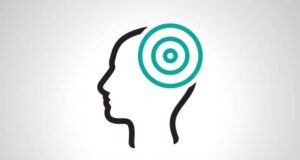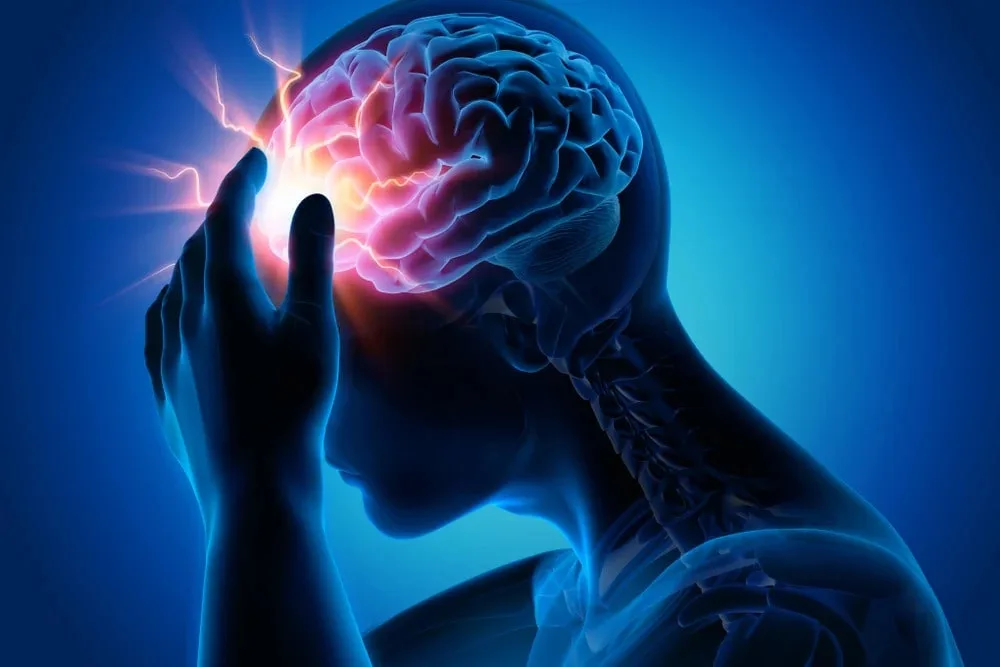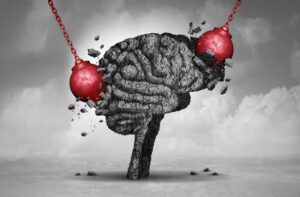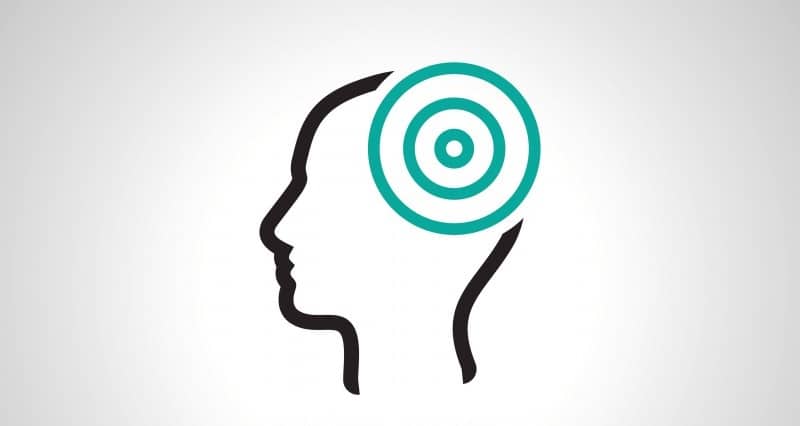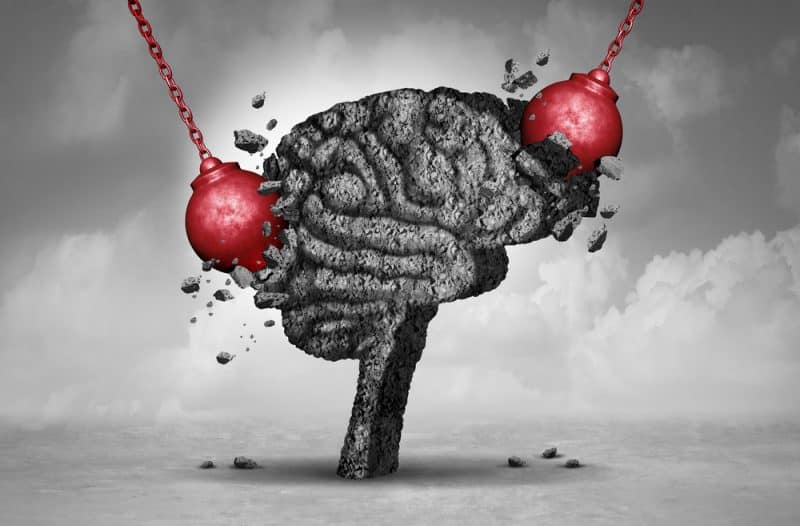A migraine is not just an ordinary headache, and women who suffer from migraines might find it challenging to achieve relief from migraine pain. This debilitating headache disorder involves pulsating, intense headaches often accompanied by symptoms such as nausea and sensitivity to light and sound, which can last from hours to several days. According to Statistics Canada, millions of Canadians suffer from migraines, with studies showing that migraines are more common in women than in men.
Women are more affected than men by migraine headaches due to changes in levels of the female sex hormone estrogen, which are affected by the menstrual cycle and hormonal birth contraceptives. If you are a woman who gets migraines and is currently taking or considering hormonal birth control pills, there are a few things you should know.
What are migraines?
Migraines are a primary headache disorder which involves recurring headaches of moderate to severe intensity. These headaches are usually felt as pulsating pain on one side of the head and can last anywhere from several hours and up to three days. Often, migraine headaches are accompanied by symptoms such as nausea, vomiting, increased sensitivity to light and smells, or by visual disturbances referred to as “aura.”
The onset of migraine headaches often occurs at puberty, and most commonly affects people in the age group ranging between 35 to 45 years old. Migraines occur twice as often in women compared to men due to hormonal influences. Most migraines are believed to be caused by a mix of genetic and environmental factors and often have specific triggers. Some of the most common migraine triggers include stress, lack of sleep, fatigue, hunger, weather changes and changing hormone levels due to menstruation.
What are hormonal contraceptive pills and how do they work?

Hormonal contraceptive pills (also called birth control pills) are usually prescribed and taken to prevent pregnancy. These medications contain synthetic estrogen and progesterone hormones (ethynyl estradiol and progestin), which keep estrogen levels steady, preventing the natural cycling of female hormones and ovulation. When taken correctly, birth control pills are very effective in preventing pregnancy.
Although birth control pills are safe for most women, they also have some potential side effects and risks. Moreover, women can react differently to the hormones in birth control pills.
What is the connection between hormonal birth control pills and migraines?
Birth control pills can have different effects on women who experience migraines. For some women who suffer from migraine headaches, a decrease in estrogen levels, which takes place during the menstrual cycle, can trigger migraines.
This is why some women suffer from migraine attacks in the days leading up to their period since this is when estrogen levels drop. Therefore, for women who have menstrual migraines, taking hormonal birth control pills can help to prevent migraines by keeping estrogen levels constant throughout the menstrual cycle.
However, headaches are also a commonly reported side effect of taking oral contraceptives. In most cases, this side effect improves with time, but some women find that their migraines become more frequent or more severe when they start taking birth control pills. The effect of hormonal contraceptives on migraines can vary individually and also depends on the level of hormones contained in the birth control medication.
Migraines with aura, hormonal birth control and stroke risk
According to the results of some scientific studies, there is an increase in the risk of stroke among women who suffer from migraines with aura and use hormonal birth control containing the hormone estrogen. In addition, there are some specific risk factors that increase the likelihood of stroke for women who have migraines with aura and take birth control.
- Age over 40 years old
- Smoking
- Obesity
- Hypertension
- Family history of stroke
However, this risk can be reduced by taking hormonal birth control pills that only contain progestin or low levels of estrogen.
What can I do if I think birth control is triggering my migraines?
It is important to talk to your doctor about your migraines when discussing birth control options. Moreover, if you have migraines with aura, you will also need to weigh the risks and benefits of hormonal birth control.
If you think that birth control is triggering your migraines, it is important to keep a migraine journal and record the frequency and severity of your migraines. Writing down your migraine headache symptoms throughout your menstrual cycle can help your doctor determine whether your headaches are related to hormonal birth control and make a correct diagnosis.
Conclusion
Your doctor will help you decide which birth control pill is best for you based on your medical history. If your birth control pill makes your migraines worse or more frequent, you should talk to your doctor to switch to another pill or choose another type of birth control method.





